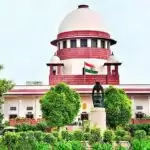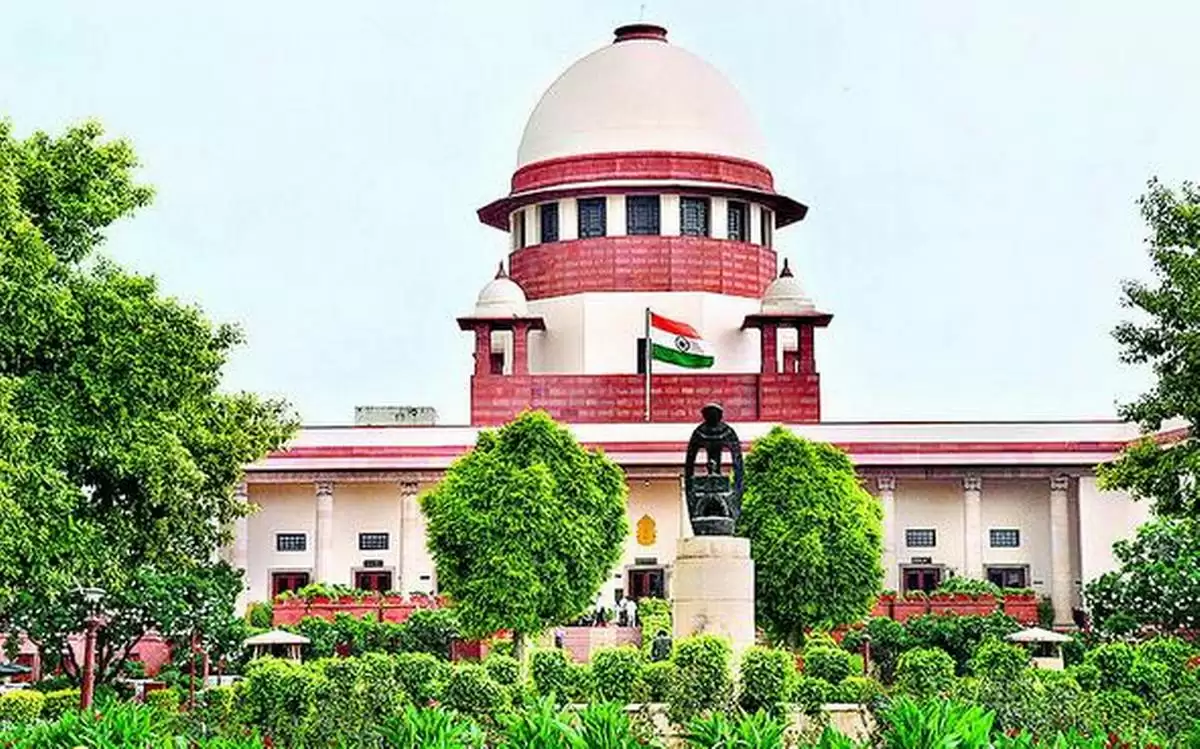
A panel led by Justice SK Kaul gave farmer unions three weeks to respond to a plea seeking to remove protestors off the highways. The farmer unions have been leading the almost year-long protests along Delhi’s borders and elsewhere against the three central agricultural legislation. On December 7, the court set a date for a new hearing.
The court was hearing a plea submitted by Monica Agarwal, a resident of Noida. She requested that the protestors be removed from the NCR’s roadways since the agitation has caused regular travel delays. “At some point, a solution must be found.” The court stated, “We are not opposed to their right to demonstrate even while a legal challenge is ongoing, but highways cannot be stopped.”
Read also: Petition in Supreme Court to Take Action in Lakhimpur Kheri Violence
“You have the right to agitate in whatever way you want, but you shouldn’t block highways like this. People have the right to travel on roadways, but they cannot be stopped,” the court, which also included Justice MM Sundresh, stated. When it came to the blockade of highways by farmers, the Supreme Court has previously called for remedy through legal forums, agitation, or legislative discussions. “Problems can be resolved through judicial forums, agitation, or Parliamentary discussions. But how can highways be closed, and this happens regularly? The court had asked, “Where does this end?”
Farmers have been camped around Delhi’s outskirts for over a year, asking that three centrally approved agri laws be repealed. The supreme court ordered the issue to be listed after hearing brief arguments from all sides for six weeks. The judges had taken a strong position in the last session, asking, “How can highways be closed indefinitely? Where does it all come to an end? “What are your thoughts on this? According to the report, disputes should instead be addressed through judicial channels, agitation, and legislative discussions.
Read also: Supreme Court to Investigate Pegasus by Forming Expert Committee
Farmers’ Goods Trade and Commerce (Promotion and Facilitation) Act, 2020 intends to liberate farmers from state Agriculture Produce Market Committee restrictions, allowing them to sell their produce wherever. Meanwhile, the Farmers (Empowerment and Protection) Price Assurance and Farm Services Act of 2020 protects and enables farmers to engage in farm services with processors, wholesalers, major retailers, and exporters.
The Essential Commodities (Amendment) Act of 2020 states that the supply of grains, pulses, potatoes, edible oilseeds, and oils would only be restricted in extreme circumstances. The Union administration and the farmers’ unions have reached a stalemate in their negotiations over the three-agriculture legislation. While the Supreme Court put the agricultural laws on hold, a committee established by the court on March 19 delivered its findings on the bills in a sealed envelope. So far, six states – Punjab, Rajasthan, Chhattisgarh, Kerala, West Bengal, and Delhi – have issued legislation resolutions.

